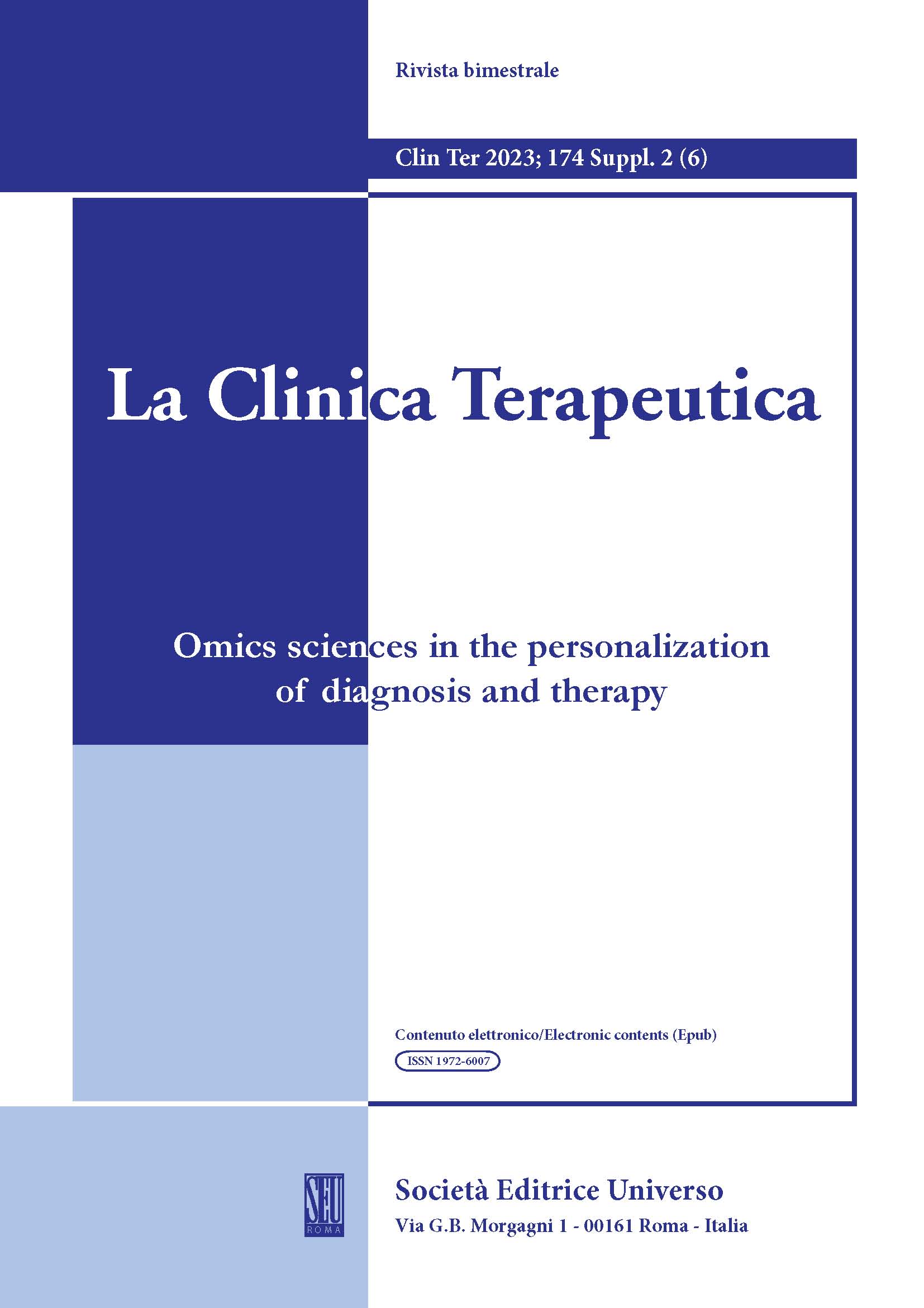Abstract
Whole grains play a crucial role in the human diet. Despite being cultivated in distinct regions, they are shipped everywhere, therefore making biosafety and security essential throughout the grain industry, from harvest to distribution. Phytopathogens, which have an impact on crop yield, induce grain spoiling and reduce grain quality in a number of ways, providing a constant danger to crop storage and distribution. Chemical control approaches, such as the use of pesticides and fungicides, are detrimental to the environment and hazardous to human health. The development of alternative, environmentally friendly, and generally acceptable solutions to ensure increased grain yield, biosafety, and quality during storage is crucial in order to guarantee sufficient food and feed supplies. As a means of self-defense against microbial infection and spoilage, plant matrices feature antimicrobial natural chemicals, which have led to their widespread usage as food preservatives in recent decades. Olive tree extracts, known for their high polyphenol content, have been widely used in the food preservation industry with great success, and are highly welcomed by people all over the world. In addition to their well-known health advantages, polyphenols are a valuable plant secondary metabolite because of their great antibacterial capabilities as natural preservatives. This article discusses the promising usage of polyphenols from olive trees as a natural alternative preservative, while also highlighting the future of olive eaves in the food industry.
